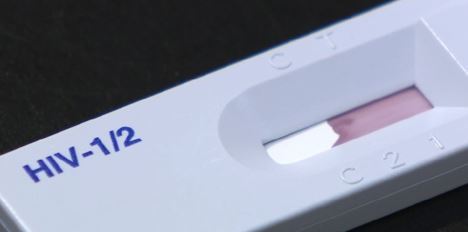S. Korea’s human rights body chides hospital for denying service to HIV-positive person
SEOUL — South Korea’s human rights watchdog said a hospital’s choice to deny a medical checkup to an HIV-positive person at its health screening center was discriminatory, and it urged the hospital to take action to prevent similar incidents in the future.
According to the National Human Rights Commission, an HIV-positive person booked a comprehensive medical checkup at the only university hospital in the region that was designated by the government to offer consultation services for HIV-positive people in August 2017.
When the person, who had been receiving medical treatment at the hospital since 2012, visited again to confirm the date of the appointment, he or she was told to go to the department of gastroenterology because HIV-positive people could not use the comprehensive checkup center.
The person complained, and the hospital confirmed the booking. The person then filed a complaint with the human rights watchdog.
The hospital explained that it had advised the patient to go to a department with more experience because the center did not have the protective equipment required for checkups for HIV-positive people, and the staff member responsible for assisting in endoscopies was new and less prepared.
Article continues after this advertisementBecause the patient did not accept this, the hospital said it would conduct the checkup after getting all the necessary equipment. Therefore, it argued, it had not refused to treat the patient.
Article continues after this advertisementThe hospital said it had obtained all the protective equipment and completed the necessary staff training upon receiving the patient’s complaint.
The rights panel said, “The hospital in question is a medical institution that participates in a government-led consultation program for HIV positive patients. … If it refused to give a checkup because it did not have the necessary protective equipment, it did not comply with the basic principles of infection control.”
The panel said that since the checkups were led by medical specialists, treating an HIV-positive person differently from other patients due to an assistant’s lack of experience was not right.
